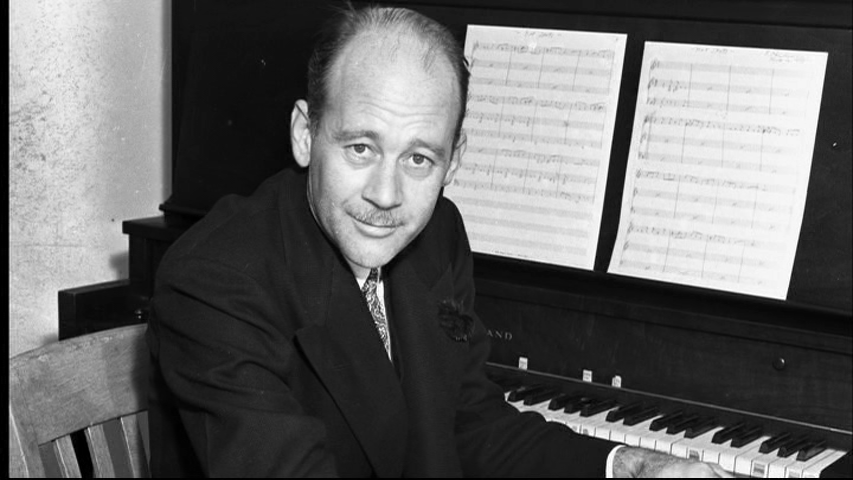
Talking Music: Conversations with John Cage, Philip Glass, Laurie Anderson, & Five Generations of American Experimental Composers [1995] – ★★★★
A “must-read” for any music fan interested in the nature of music, its experimental forms and its boundaries.
Experimental music is defined as “any music that pushes existing boundaries and genre definitions“. Though the term originated in the 1950s, the US of the 1960s saw certain music artists emerging that can be said to be loosely associated with the “experimental music” movement. This book by American composer and educator William Duckworth compiles the author’s interviews with experimental composers and performers from the US, including John Cage, Philip Glass, Lou Harrison, Conlon Nancarrow, Meredith Monk and Laurie Anderson. The interviews shed light on the artists’ backgrounds, major works and inspirations, and many of the interviews are frank, interesting and inspirational.
Continue reading “Review: Talking Music by William Duckworth”




